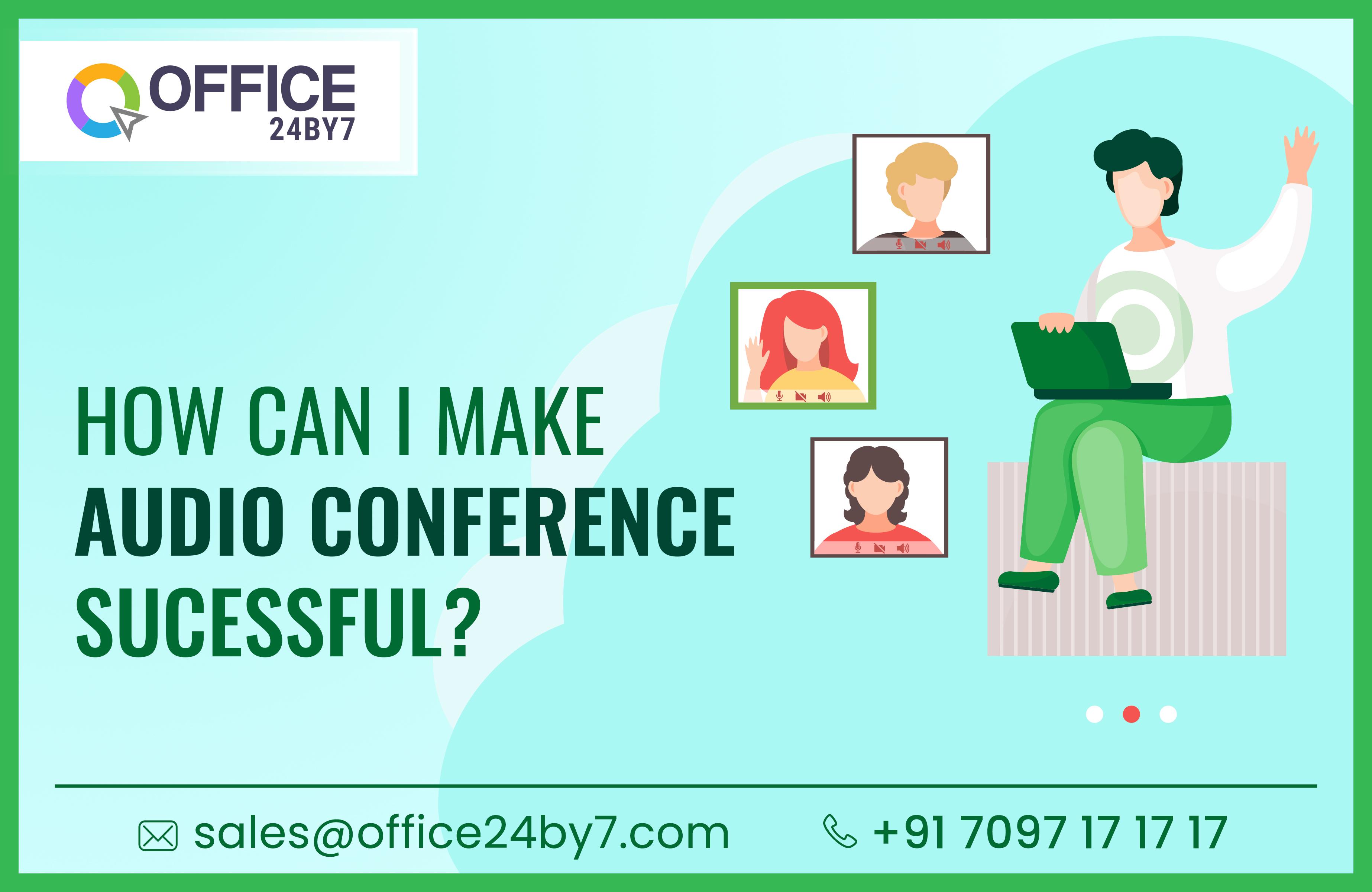Many people find conference calling to be a source of frustration, despite conference calling is a key component of corporate work life. It's been over a decade since conference call technology improved; why do we still experience poor audio conference quality?
The root cause of this problem lies in user error. Our natural tendencies sometimes make it difficult to follow the best practices. We often forget to adjust our speaking manner and behavior when we are in the heat of the moment.
Furthermore, remote working has become more effective and productive due to remarkable audio conference solutions available today. Audio conference tools are heavily used by several IT companies and non-IT ones in India to facilitate a productive working environment. Organizations are increasingly using it to connect employees around the world. For your business to benefit from audio conference software, you need to understand the basics.
If you want to connect and collaborate with colleagues in the most efficient, hassle-free manner possible, here are a few reminders for how to have a successful audio conference.
What is Audio Conference?
Audio conference systems enable participants to connect and collaborate from different locations. With audio conferences, you can connect and converse using a collaborative platform instead of a traditional telephone system. Unlike video conferences, audio conferences do not require visual participation. They are highly beneficial for businesses with large numbers of employees. The key to ensuring the success of an audio conference is to prepare beforehand.
How can I make audio conferencing successful?
In order for audio conferences to be more effective, the following points should be taken into consideration.
• Prior to the audio conference call, make sure all participants are notified
• At the scheduled time, participants should connect online or call toll-free numbers
- Confirmation numbers should be shared by participants
When choosing an audio conference service provider, you must take smart decisions no matter how simple it might seem. In order to qualify as an audio conference solution provider in India, Office24by7 ensures that it meets the following factors:
Speak With Your Natural Tone of Voice
In casual conversation, you probably use a different voice than you do when you are taking an important phone call. Audio conferences cannot be productive if the "phone voice" is present. Our non-verbal communication is largely influenced by body language, and, during a conference call, we cannot see the speaker's body language.
You can convey social cues through your natural speech patterns and inflection when you're feeling comfortable. The absence of body language makes these cues even more important, and when you use your phone voice, you are robbing your audience of necessary social cues. Put away your "phone voice" and take a deep breath. Participants in your meeting will appreciate your efforts.
Focus on the Topic At Hand
The likelihood of side conversations arising during a meeting is high, especially when half the participants are in the same room. In audio conference calls, participants are left out of these topical conversations when they dial in to the call. When participants are excluded from these discussions, fear of missing out (FOMO) kicks in. It is essential for both in-person and remote participants to stay on task; keeping focused on your task will save you time and allow your audio conference to run smoothly.
Using Mute When Appropriate
It might seem redundant to praise the mute button yet again, but let's face it: the mute button can make or break a conference call. Stay focused on the present while performing an audio conference by actively switching on and off your mute button as needed. Remote meeting participants need to pay particular attention to this. You can depend on Mute to save your meeting, to boost your productivity. Take advantage of smarter meetings by muting yourself and your colleagues (but don't forget to unmute when you need to speak, of course).
Disruptions Should Be Reduced
During an audio conference, background noise can distract participants. Non-speakers should be muted during the conference, and speakers should use noise cancellation equipment in order to ensure an uninterrupted meeting.
Follow-ups from Meetings
When decisions made during an audio conference are not followed through on, meetings are not productive. In order to avoid this from happening in the future, a proper follow-up mechanism must be set up.
Conclusion
In your organization, audio conferences are a great way to increase productivity. However, they only work well when they're used effectively, just like in-person meetings. When audio conferences are used poorly, they become a bad waste of time. To keep your audio conferences productive, follow the above pro tips. Contact us at 91 7097171717 or email us at sales@office24by7.com for more efficient and



